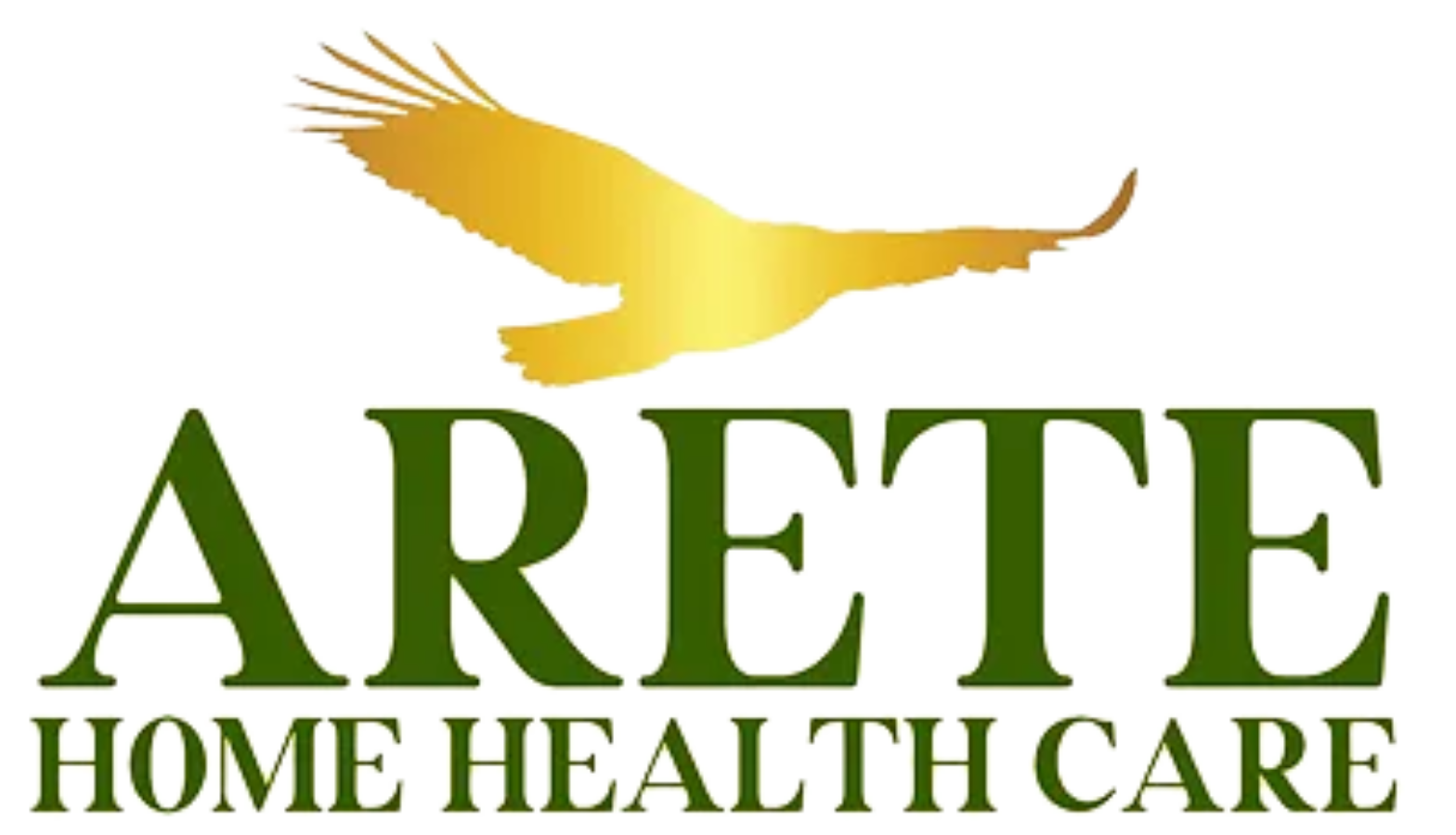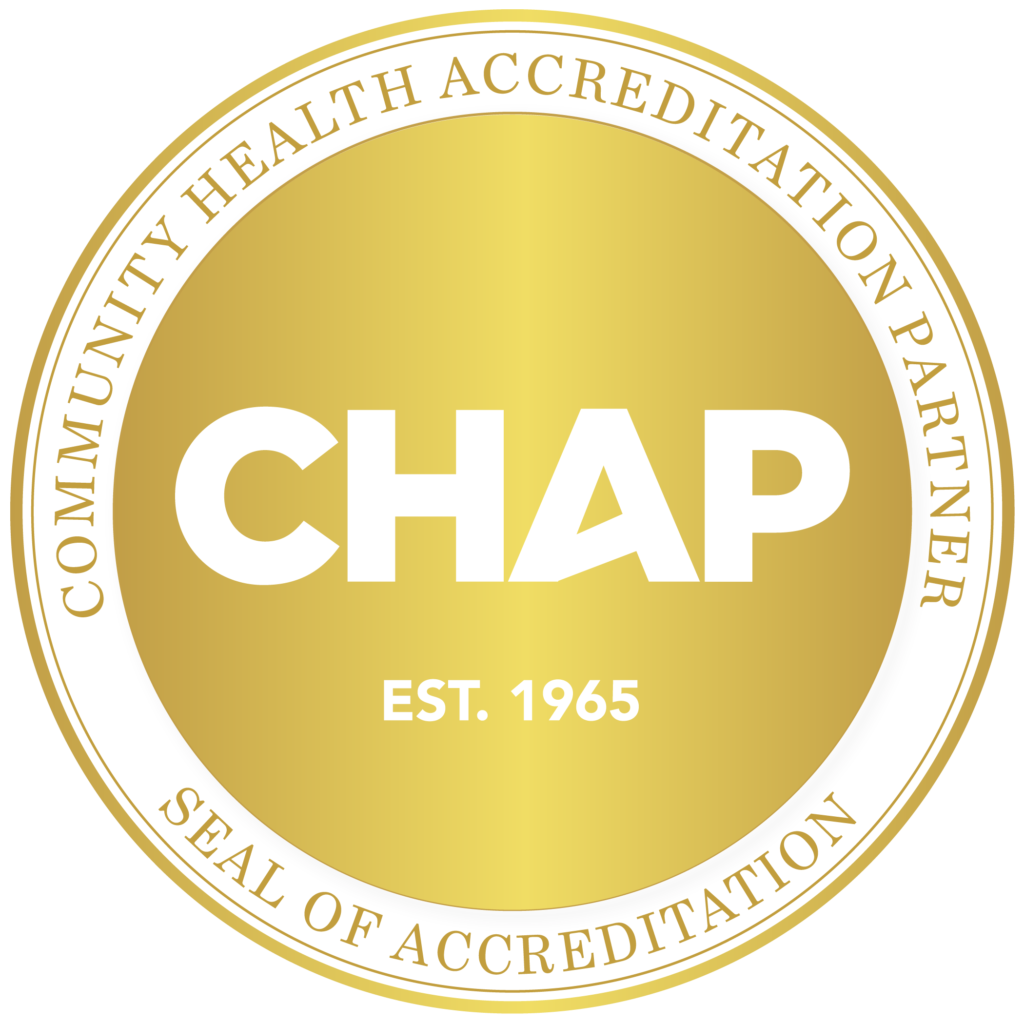Transitioning from hospital to home can be a challenging process, but post-acute care provides the support needed to ensure a smooth recovery. This guide will help you understand what to expect and how to prepare for post-acute care, making the transition easier and more manageable.
Understanding Post-Acute Care
Post-acute care refers to the services you receive after being discharged from the hospital to help you recover from an acute illness, surgery, or injury. These services can be provided at home, in a skilled nursing facility, or in a rehabilitation center.
1. Types of Post-Acute Care
There are various types of post-acute care services available to meet different needs.
- Skilled Nursing Care: Provides medical services such as wound care, IV therapy, and medication management.
- Physical Therapy: Helps improve mobility and strength through exercises and treatments.
- Occupational Therapy: Assists with regaining the ability to perform daily activities.
- Speech Therapy: Supports those with communication or swallowing difficulties.
For more information on our therapy services, visit Arete Home Health Therapy.
2. Preparing for Post-Acute Care at Home
Preparation is key to a successful recovery. Here are some steps to take before you return home.
- Home Safety: Ensure your home is safe and accessible. Remove any tripping hazards and install handrails if necessary.
- Medical Supplies: Stock up on necessary medical supplies such as wound dressings, medications, and mobility aids.
- Support System: Arrange for family members or friends to assist you with daily tasks.
3. The Role of Caregivers
Caregivers play a vital role in post-acute care. They provide both medical and non-medical support, helping with everything from medication administration to personal care.
- Professional Caregivers: Hiring professional caregivers can provide expert assistance and peace of mind.
- Family Caregivers: Family members can offer emotional support and help with daily activities.
4. Managing Your Recovery
Managing your recovery involves following your healthcare provider’s instructions and attending follow-up appointments.
- Medication Adherence: Take medications as prescribed and keep track of your dosages.
- Physical Activity: Engage in light physical activities as recommended to aid in recovery.
- Nutrition: Maintain a balanced diet to support healing and overall health.
For personalized nutritional guidance, check out our Nutrition and Dietician services.
5. Monitoring Progress
Regular monitoring of your progress is crucial for a successful recovery. Keep track of your symptoms and communicate any concerns to your healthcare provider.
- Symptom Tracking: Note any changes in your symptoms and report them to your doctor.
- Regular Check-ups: Schedule follow-up appointments to ensure your recovery is on track.
6. Utilizing Support Services
Post-acute care services can provide additional support to aid in your recovery.
- Home Health Services: These services include skilled nursing, physical therapy, and personal care at home.
- Community Resources: Look for local support groups and resources that can offer additional assistance.
For professional post-acute care services, explore our Skilled Nursing and Non-Skilled Nursing services.
Conclusion
Post-acute care is essential for a smooth transition from hospital to home. By understanding what to expect and how to prepare, you can ensure a successful recovery.
For more information on our services, visit our Google business profile.


